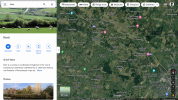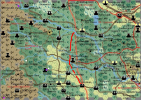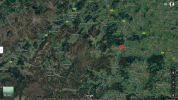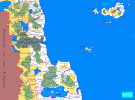Necrozius
Legendary Pubber
- Joined
- Apr 25, 2017
- Messages
- 4,289
- Reaction score
- 10,604
By “big” and “small” I mean general scope of your campaign setting and theme. The number of NPCs, Factions, Nations, locales etc.
As I get older I find myself having less energy and willpower to track things outside of the party. I can’t really be bothered anymore to manage dozens of NPC characters, huge metaplots or faction warfare.
I’m really starting to find appeal with smaller scale campaigns where the PCs are more isolated from the world: a crew of space truckers, a gang of outcast teenagers, shipwrecked heroes on the shore of a strange island to explore.
Is there a term for this approach? It isn’t that I find it difficult to manage a complex campaign world, I’m just too lazy nowadays…
As I get older I find myself having less energy and willpower to track things outside of the party. I can’t really be bothered anymore to manage dozens of NPC characters, huge metaplots or faction warfare.
I’m really starting to find appeal with smaller scale campaigns where the PCs are more isolated from the world: a crew of space truckers, a gang of outcast teenagers, shipwrecked heroes on the shore of a strange island to explore.
Is there a term for this approach? It isn’t that I find it difficult to manage a complex campaign world, I’m just too lazy nowadays…



 !
!



